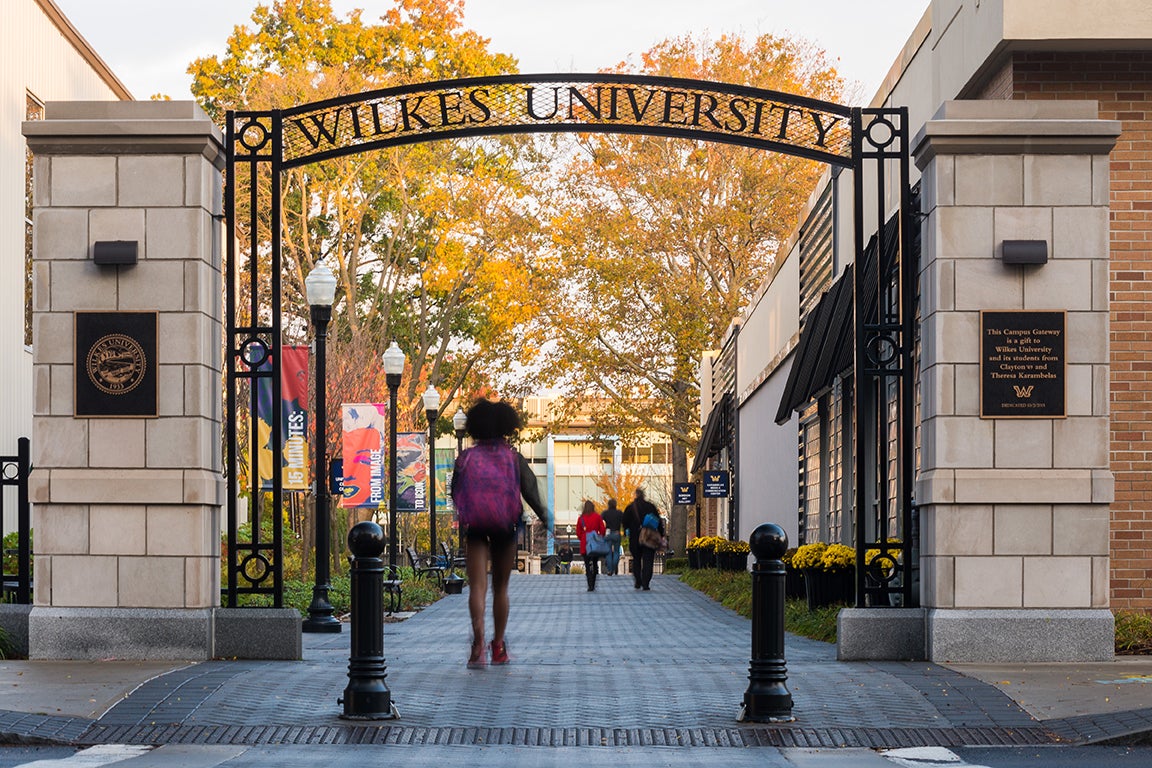
When prospective students are making a higher education decision, many may not realize that there are significant differences when it comes to non-profit vs. for-profit colleges. Understanding these differences can help aspiring degree-holders make the best choice—one that can affect everything from educational quality to employment rates.
Consider the key distinctions between for-profit and non-profit colleges, so that you can make an informed decision that helps you achieve the future you desire.
What Is a Non-Profit College?
Non-profit colleges and universities comprise most of the institutions you may imagine when you hear the word “college.” Funded by tuition, government funding, and endowments, these institutions direct the funds they receive into educational programs and student life.
Public universities are almost always non-profit institutions. Many private universities are non-profits as well. Their goal is to facilitate an effective learning environment, not make money.
What Is a For-Profit College?
For-profit colleges are privately owned and operated. In other words, much of their funding comes from investors who expect revenue generation and profits.
For-profit colleges still charge tuition, though, and that tuition revenue often goes to investors or to expenditures such as advertising.
What Are the Key Differences in Non-Profit vs. For-Profit Colleges?
In addition to who owns and runs the institutions, non-profit and for-profit colleges have several other significant differences to consider. Due to their diverse missions, these schools have considerable variations in their mandates and purposes, admissions standards, program outcomes, and more.
Mandate and Purpose
The mandate and purpose of a non-profit institution in general is to further a social cause. In the case of colleges, that social cause is education. So, the primary purpose of the non-profit college is to provide an excellent education.
Conversely, the primary goal of a for-profit organization is to make money by selling a product or service. In the case of for-profit colleges, the product is a certificate, diploma, or degree.
Admissions Standards
In general, non-profit colleges have higher admissions standards than for-profit colleges. Since for-profit colleges are primarily interested in making money for their shareholders, they may admit more students than non-profit colleges. A for-profit college may only require a high school diploma or equivalent and a completed application, while a non-profit college would also have a grade point average standard or require standardized test scores.
Quality of Education
Since non-profit colleges do not owe investors a profit, they are free to focus on providing a high-quality education. This extends from administrators strategizing to optimize student outcomes to a professor planning for their classes.
At a for-profit institution, though, the faculty and staff must be of two minds. They cannot primarily focus on content delivery or academic experience because they are primarily beholden to shareholders.
While there may be some exceptions, the general consensus is that non-profit universities and colleges are more successful at delivering a high-quality education, which is reflected in future outcomes of former students and graduates.
Program Outcomes
Research shows that individuals who attend non-profit schools tend to have more positive outcomes than their for-profit peers. The National Student Clearinghouse reports a six-year degree completion rate of 68 percent for public four-year colleges and 77.8 percent for private non-profit four-year colleges. For-profit four-year colleges drop to 47.6 percent.
For-profit college students are also less likely to secure employment. In a CAPSEE Center study, just 71 percent of students who had started a degree in 2003 and were no longer enrolled by 2009 had a job. Meanwhile, 84 percent of their non-profit four-year college peers were employed.
Affordability and Funding
For-profit institutions tend to cost more than public institutions, though they may have lower tuition rates than private non-profit colleges. It’s imperative to note, though, that a higher tuition rate at a private non-profit college can be directly correlated to the quality of education and student experience. Tuition rates at for-profit colleges cannot be understood the same way, as tuition is a means of the school paying its shareholders.
Faculty
In general, non-profit colleges have higher standards for hiring than their for-profit counterparts. Non-profit schools are motivated to put their funding to work on behalf of their students, which informs faculty hiring practices.
For-profit schools, on the other hand, may prioritize advertising over hiring esteemed faculty. In a Brookings Institute study, researchers found that for-profit schools spent $297 per student per year on advertising. In contrast, private non-profit colleges spent $66 and public universities spent $15.
Reputation
A school’s reputation is a serious factor when it comes to the for-profit college vs. non-profit college debate. While some for-profit colleges have developed good reputations for their vocational programs, in general, non-profit schools are more culturally esteemed.
This may be for several reasons, including financial transparency and funding education rather than paying investors. A school’s reputation may affect its graduates’ employability and income potential, so it’s an important variable to consider.
Student Experience
While non-profit colleges tend to have vibrant campus life departments, student services, and career development opportunities, for-profit colleges are far less likely to do so. This, again, comes down to a difference in how money is spent. The for-profit college is incentivized to spend in ways that generate income. The non-profit college, however, operates under a mandate to provide excellent education and student experiences.
One of the critical elements of a high-quality student experience is access to faculty members. Take APRN student Trenise Griffith, who appreciated that the faculty’s attention began earlier than expected.
"Something that I loved about this program is the attention that I got from my advisors early on, before even being accepted to the program,” she said. “I was able to talk with my advisor over the phone and ask all of the questions that I had at the time to decide whether or not to move forward with the program. I had looked at a lot of schools, but this one fit what I needed.”
Non-Profit vs. For-Profit College Nursing Programs
When it comes to nursing programs specifically, studies have shown that graduates from non-profit college nursing programs have much higher NCLEX pass rates than their for-profit college peers. While non-profit colleges had an average pass rate of 84 percent, for-profit colleges had a pass rate of 68 percent.
Summarizing Key Non-Profit College vs. For-Profit College Differences
| For-Profit Colleges | Non-Profit Colleges | |
| Financial Model | Sell goods/services to earn profits for shareholders | Allocate resources to provide excellent education |
| Six-Year Degree Completion Rate | 47.6 percent | 68 percent (public four-year) 77.8 percent (private non-profit four-year) |
| Admissions Strategy | Quantity | Quality |
While some students may find their fit at for-profit colleges, the non-profit college tends to be a much better choice for most people in everything from student experience and educational outcomes to employment.
The Wilkes University experience, for example, includes a small campus with big opportunities for in-person and online students. Our attentive faculty care about student success and are dedicated mentors. Our school is connected to the community around us, including local healthcare systems. Many of our nursing graduates have found success both in clinical placements and jobs after graduation with leading area providers.
Learn more about Wilkes’ excellent, trustworthy online nursing programs.





